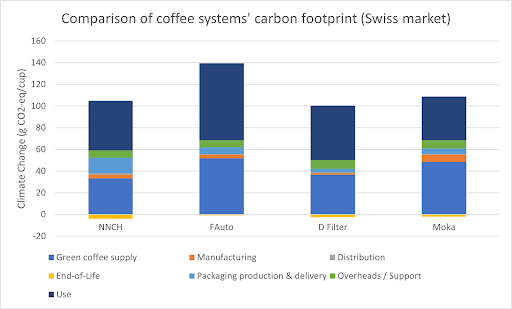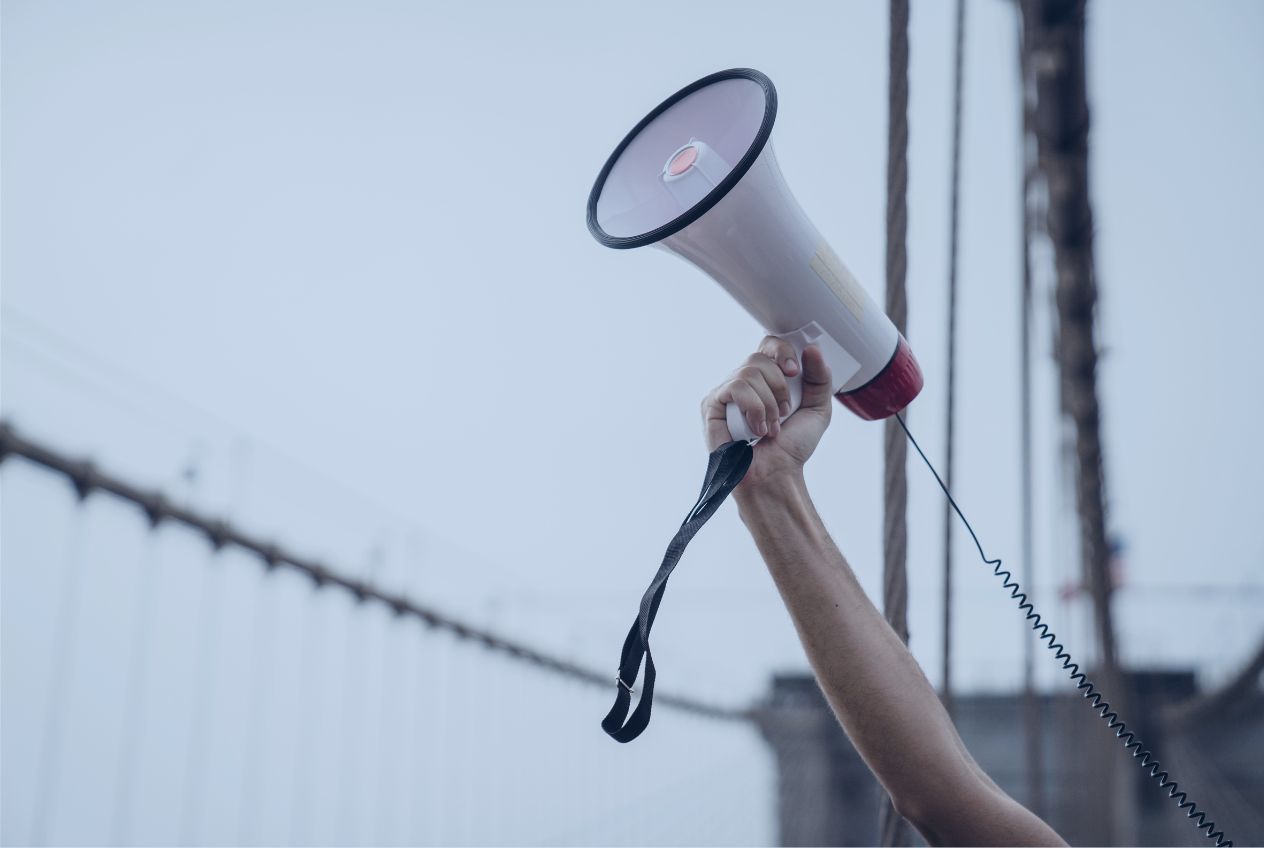When deciding on the environmental impact of a product we should look at more than just the immediate waste it produces. Products have a life cycle that includes a wide range of aspects spanning over, among others, cultivation and raw materials, energy consumption intensity, transportation, and recycling possibilities. Any approach focusing on one aspect and ignoring others would be burdened with staggering flaws as it would lead to information shortages and consequently to biased views and wrong conclusions.
Case in point is the packaging regulation drafted by the EU Commission for coffee capsules (commonly referred to as coffee pods). Under the amended Packaging and Packaging Waste Directive, plastic and aluminum coffee pods are set to be banned. The proposed regulation concentrates on the consequences of throwing away capsules as the prime justification for removing them from the market. In doing so, however, it neglects all other aspects related to the environment. It thus fails to realize that the alternatives to pods are far worse.
To understand why, think about the concrete steps involved in making coffee. As every connoisseur knows, selecting the quantity and quality of coffee can be a tricky process. In economic terms, manual preparation involves subjective estimations of the amount of dry coffee needed for one cup. These judgments are often erroneous, meaning people use a larger amount than is actually needed, thus resulting in the overconsumption of raw materials. Preparing to brew can be costly too, since overheating water also consumes a large amount of energy. Each such misstep is like a leak in the value chain causing some material that could have otherwise been used elsewhere to be wasted. These errors are amplified as reliance on the human factor in coffee preparation increases: being a barista (especially your own barista) is an approximate art rather than an exact science.
Real evidence confirms the insights of economic theory. A 2017 paper examined various types of coffee preparation methods and concluded that the common belief around coffee capsules being major pollutants is a major misconception. On the contrary, the pods turned out to be the most environmentally friendly option compared to alternatives like the conventional drip filter. Another study conducted in Switzerland by Quantis (a leading consulting firm specialized in sustainability) and commissioned by Nespresso found that coffee capsules’ impact on the environment (measured by CO2 footprint in multiple stages) is less than that of other coffee preparation methods inspected in the study such as drip filter, the moka (Italian) coffee maker, and fully automated options.

It’s obvious to see how coffee capsules are better than their counterparts. Because they come in strict sizes, they optimize the amounts of dry ingredients and energy consumption used and minimize the leakages triggered by mistakes and overheating.
If the EU Commission truly cares about consumer well-being and pollution, it should therefore drop the proposed regulations on coffee pods and respect people’s various preferences in coffee. Consumer choice is, as always, the best course of action.
This blog post was written by the CCC intern Amjad Aun.




